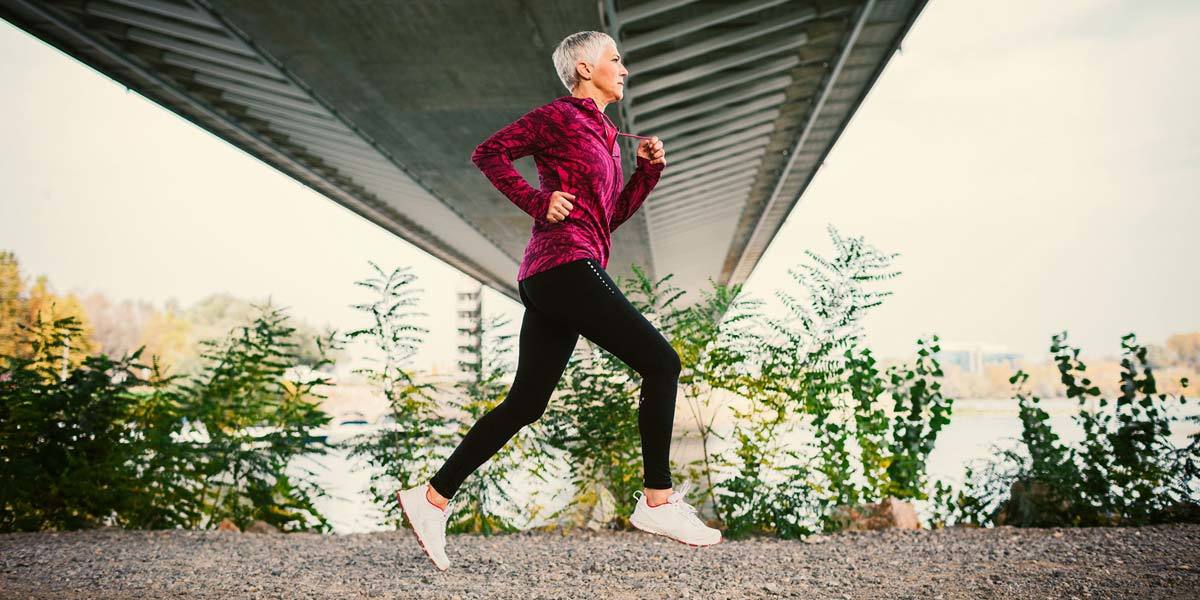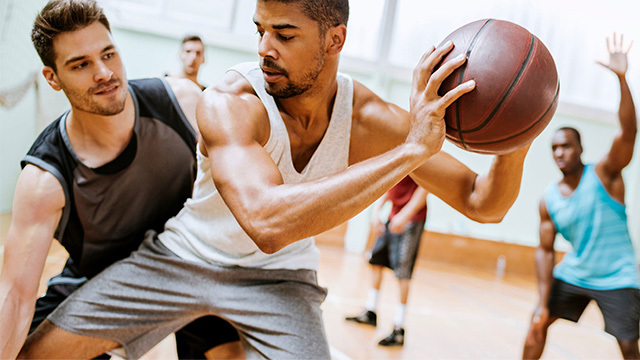About Superior Labrum Anterior and Posterior (SLAP) Tears
The labrum of the shoulder is the ring of cartilage that surrounds the socket of the shoulder joint. A superior labrum anterior and posterior (SLAP) tear is an injury to both the front and back of this cartilage. SLAP tears can be caused by acute trauma or by repetitive shoulder motions that result in wear and tear. Early treatment can prevent your pain and other symptoms from worsening.
Depending on the severity of your injury and your activity level, nonsurgical treatment may be the best option to relieve pain and improve function, however, if improvement does not occur surgical treatment may be required. Our orthopedic surgeons and sports medicine providers work with you on developing a specialized treatment plan with your goals in mind with a team dedicated to helping you every step of the way.
Symptoms of SLAP Tears
Symptoms of SLAP tears may vary based on the severity of your injury and can worsen over time.
Symptoms of SLAP tears may include:
- A feeling that the shoulder is going to “pop out of joint”
- A sensation of locking, popping, catching, or grinding
- Decrease in shoulder strength
- Decreased range of motion
- Pain with movement of the shoulder or with holding the shoulder in specific positions
- Pain with lifting objects, especially overhead
- Pitchers may notice a decrease in their throw velocity, or the feeling of having a “dead arm” after pitching
Risk Factors for SLAP Tears
Certain people are at greater risk of sustaining a SLAP tear.
Risk factors for SLAP tears may include:
- Personal history: People in sports or professions requiring repetitive overhead arm movements are more likely to sustain SLAP injuries from wear and tear
Treating SLAP Tears at UT Health Austin
Upon evaluation of your shoulder, your medical provider will discuss nonsurgical treatment option as an initial approach to healing the tear and improving function. These options often include activity modifications and rest, non-steroidal anti-inflammatory medication such as ibuprofen, physical therapy and strengthening exercises and in some cases steroid injections. In rare cases, arthroscopic surgery may be suggested as a treatment option if your shoulder pain and function do not improve. Your care team will walk you through the risks and benefits as well as what to expect throughout your recovery process.
Care Team Approach
At UT Health Austin, we take a multidisciplinary approach to your care. This means you will benefit from the expertise of multiple specialists across a variety of disciplines caring for you in one place to avoid having to schedule multiple appointments with providers at locations all over the city. The Sports and Injury Clinic care team includes orthopedic surgeons, sports medicine physicians, physiatrists, physical therapists, chiropractors, nurse practitioners, dietitians, social workers, and more, who work together to help you get back to the things in your life that matter most to you.
We also collaborate with our colleagues at The University of Texas at Austin and the Dell Medical School to utilize the latest research, diagnostic, and treatment techniques, allowing us to provide you with comprehensive, whole-person orthopedic care to help you meet your goals. Treatment may include non-surgical interventions, such as lifestyle modifications, physical therapy, or medication and injections, or surgery may be the best course of action to help improve your pain and function. Advanced imaging and lab testing are also available on-site if needed.

Musculoskeletal Institute
Health Transformation Building, 9th Floor
1601 Trinity Street, Bldg. A, Austin, Texas 78712
1-833-UT-CARES (1-833-882-2737)
Get Directions

Sports and Injury Clinic
Health Transformation Building, 9th Floor
1601 Trinity Street, Bldg. A, Austin, Texas 78712
1-833-UT-CARES (1-833-882-2737)
Get Directions